Introduction
Computer engineering and software engineering are two closely related but distinct fields within the broader technology landscape. Computer engineering focuses on the design and development of computer hardware and the integration of hardware and software systems. In contrast, software engineering is centered on the systematic design, development, and maintenance of software applications and systems.
As technology continues to evolve and play a central role in nearly every industry, understanding the differences between computer engineering vs software engineering has become increasingly important. This distinction can guide students, job seekers, and professionals in choosing the educational path and career that best aligns with their interests and goals.
In a world that is becoming more tech-driven every day, the demand for both computer engineers and software engineers is on the rise. Knowing how these disciplines differ in terms of focus, required skills, and job opportunities can provide clarity and direction in a rapidly changing job market.

Defining the Fields
What is Computer Engineering?
Computer engineering is a discipline that blends elements of electrical engineering and computer science. It primarily focuses on designing and developing hardware systems, firmware, and embedded systems. Professionals in this field work on the physical components of computers and often engage in low-level programming that interacts directly with hardware.
Key areas of computer engineering include microprocessor design, circuit analysis, and embedded system development. These engineers often build and optimize the interfaces between software and hardware, ensuring systems are both efficient and reliable.
Common job roles in computer engineering include:
- Hardware Engineer
- Embedded Systems Developer
- Network Architect
What is Software Engineering?
Software engineering centers on the design, development, testing, and maintenance of software applications. It involves applying engineering principles to software creation, ensuring that programs are reliable, scalable, and maintainable.
Software engineers use methodologies such as Agile, DevOps, and Continuous Integration/Continuous Deployment (CI/CD) to manage the software development lifecycle effectively. Their work spans everything from writing backend code and building user interfaces to implementing automated tests and maintaining cloud infrastructure.
Common job roles in software engineering include:
- Software Developer
- Backend Engineer
- Mobile App Developer
- QA Engineer
Understanding the core differences between computer engineering vs software engineering begins with recognizing the hardware-oriented nature of the former and the application-focused scope of the latter.

Educational Pathways
Degree Requirements
When comparing computer engineering vs software engineering, the educational path for each discipline reflects their distinct focuses. Computer engineering programs typically emphasize hardware and low-level systems, with coursework that includes Digital Logic, Microprocessors, and Circuit Analysis. These courses prepare students to understand and design physical computing systems and integrate hardware with software.
In contrast, software engineering programs prioritize the development, testing, and maintenance of software applications. Students commonly take courses such as Data Structures, Algorithms, and Software Design Patterns. These subjects equip them with the skills to build efficient, reliable, and scalable software systems.
Degree Trends
Interest in software engineering has seen notable growth in recent years. According to College Factual, 4,251 software engineering degrees were awarded in the 2020–2021 academic year, representing an 8.9% increase from the previous year. This trend suggests a rising demand for professionals trained in software development, reflecting the expanding role of software in various industries.

Skills and Competencies
Technical Skills
When comparing computer engineering vs software engineering, the core technical skills required for each discipline differ based on their focus areas.
Computer engineers often work closer to hardware and embedded systems. Their technical toolkit typically includes:
- C/C++: Used for low-level programming and systems development.
- VHDL/Verilog: Hardware description languages used for designing and simulating digital circuits.
- Assembly: Required for understanding processor-level operations and optimizing performance.
- PCB Design: Skills in designing printed circuit boards are crucial for developing custom hardware.
Software engineers, on the other hand, focus on building applications, systems, and platforms. Their skill set generally includes:
- Python and Java: Popular programming languages for backend and frontend development.
- SQL: Essential for database management and querying.
- Docker: Used for containerization and deployment of applications.
- Git: A version control system widely used for code collaboration.
- REST APIs: Knowledge of web services and system integration.
Soft Skills and Work Environment
Both fields share a need for strong collaboration, problem-solving, and time management skills. However, the work environments and team dynamics can differ.
Computer engineers often work in multidisciplinary teams involving electrical engineers, firmware developers, and hardware designers. Cross-functional collaboration is common, particularly in industries like consumer electronics or automotive systems.
Software engineers typically operate in agile teams with other developers, UX designers, and product managers. Their work environments are often more iterative, with frequent code reviews and continuous integration practices.
Understanding these skill sets and environments is essential when evaluating computer engineering vs software engineering as a career path.
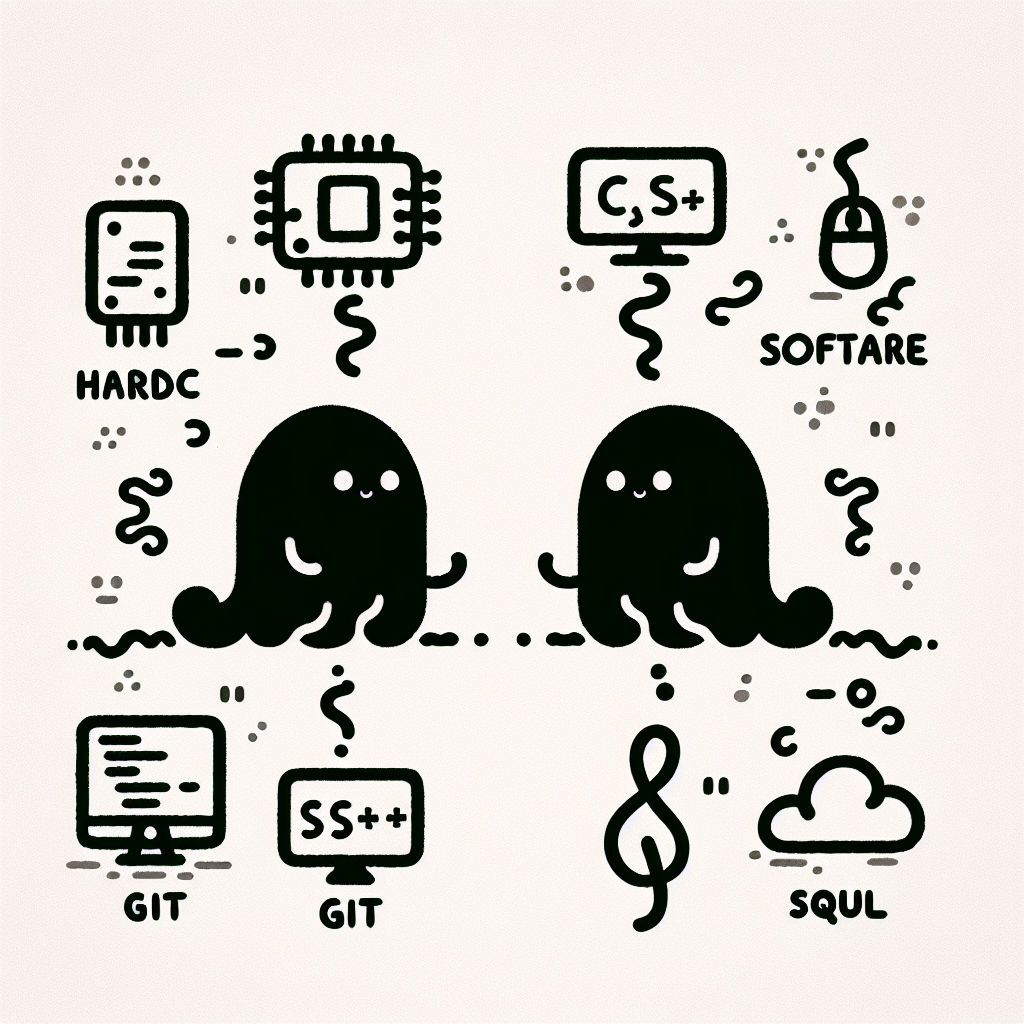
Industry Applications
Understanding the different industry applications is key when comparing computer engineering vs software engineering. These two fields often overlap, but each has distinct areas where professionals typically work.
Where Computer Engineers Work
Computer engineers are primarily involved in designing and developing physical computing systems. They often work in:
- Hardware Manufacturing: Computer engineers design microprocessors, circuit boards, and other hardware components that power modern digital devices.
- Robotics: In this field, computer engineers develop embedded systems and integrate sensors, actuators, and control systems.
- Automotive Industry: With the rise of autonomous vehicles and connected car technologies, computer engineers contribute to developing onboard computer systems and vehicle communication networks.
- Telecommunications: They help build the infrastructure for data transmission, including network hardware and embedded devices.
Where Software Engineers Work
Software engineers focus on creating applications and systems software across a broad range of industries. Common areas include:
- Web Development: Software engineers build and maintain websites, web applications, and backend systems to support user interactions online.
- Mobile Apps: They develop software for smartphones and tablets, including both consumer-facing apps and enterprise tools.
- Cloud Computing: Software engineers design scalable services and manage distributed systems hosted on cloud platforms like AWS, Azure, or Google Cloud.
- Fintech: In financial technology, software engineers develop secure transaction systems, trading platforms, and data analytics tools.
- Healthtech: They create software for electronic health records, telemedicine platforms, and medical device integration systems.
When comparing computer engineering vs software engineering, it's clear that each field supports different but complementary sectors of the tech industry.
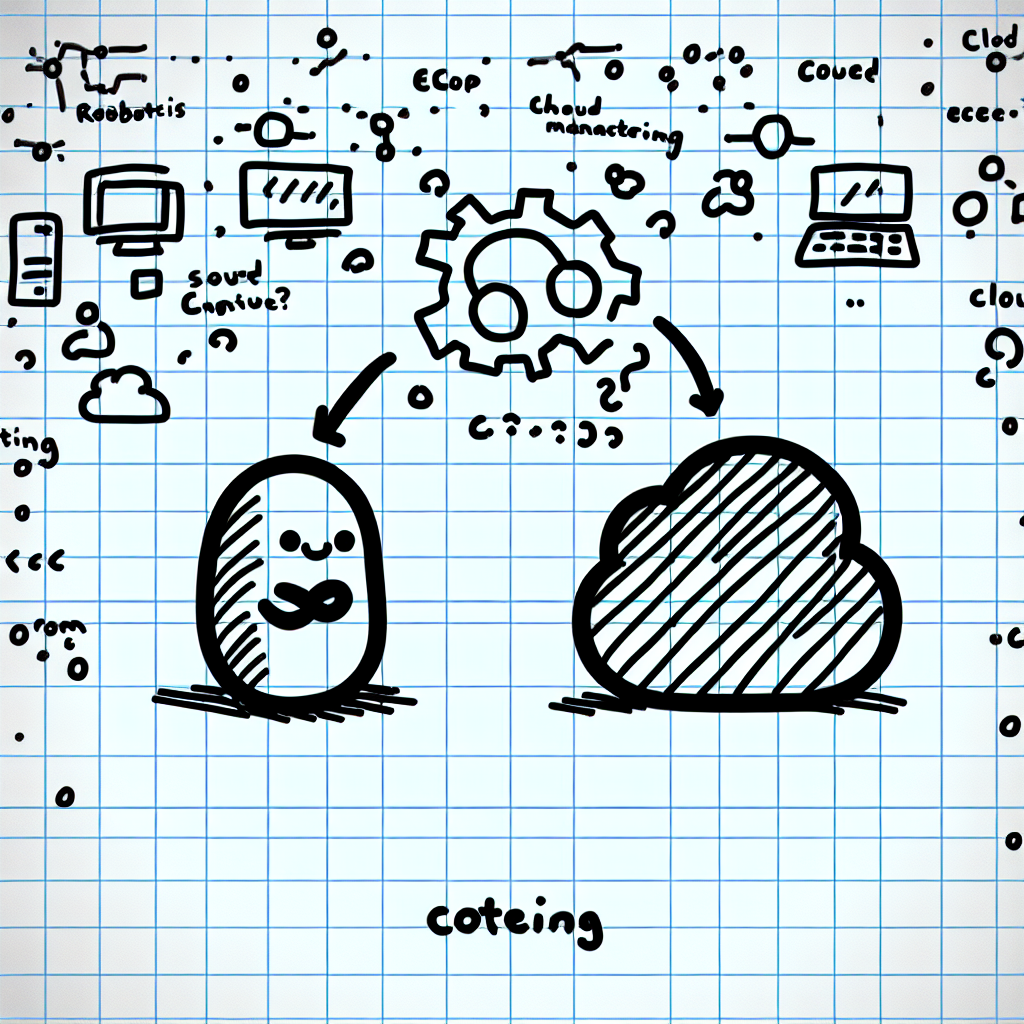
Salary Comparison
When examining computer engineering vs software engineering, salary is a key factor to consider. Both professions offer strong earning potential, but there are differences in median and average salaries.
Median and Average Salaries
According to Maryville University (2020), the median annual salary for computer engineers is $119,560, while software engineers earn a median of $110,140. These figures suggest a modest edge for computer engineers.
More recent data from Johns Hopkins University (2023) show the average salary for computer engineers at $138,080, compared to $132,270 for software engineers. Again, computer engineering tends to offer slightly higher compensation on average.
Factors Affecting Salary
Several factors influence salary differences between computer engineering vs software engineering:
- Industry Sector: Roles in hardware manufacturing, defense, or embedded systems may offer different salary structures than those in software development or tech services.
- Geographic Location: Salaries vary significantly depending on cost of living and demand in specific regions.
- Level of Experience and Education: More experience or an advanced degree can lead to higher pay in both fields.
- Certifications: Professional certifications such as CompTIA, AWS, or PMP can enhance qualifications and boost earning potential.
Understanding these factors helps frame the salary landscape when comparing computer engineering vs software engineering.

Job Growth and Market Demand
When comparing computer engineering vs software engineering, job growth and market demand reveal notable differences in career trajectories.
U.S. Job Outlook
According to Maryville University, between 2020 and 2030, computer engineering roles are expected to grow by 2%, while software engineering positions are projected to increase by 22%. More recent data from Johns Hopkins University predicts computer engineering will grow by 5% and software engineering by 25% from 2023 to 2032. This suggests that software engineering is experiencing faster growth in the U.S. job market.
Industry Drivers
The demand for software engineers is fueled by several dynamic industry trends:
- Agile development cycles that enable rapid product iteration
- Continuous innovation in SaaS (Software as a Service) platforms
- The proliferation of mobile and web applications
- Widespread cloud adoption and a strong DevOps culture
Coursera supports this with a projected 25% employment growth for software engineers from 2022 to 2032.
Computer engineering demand is driven by:
- Expansion of the Internet of Things (IoT) and smart devices
- Development of autonomous vehicles and embedded systems
- Rollout of 5G networks and supporting hardware
Global Trends
On a global scale, software engineering continues to expand. As noted by Wikipedia, the number of software engineers worldwide rose from 21 million in 2016 to 26.9 million in 2022. This growth reflects the increasing reliance on software solutions across industries.
Overall, when evaluating computer engineering vs software engineering, software engineering shows significantly higher job growth and demand both in the U.S. and globally.
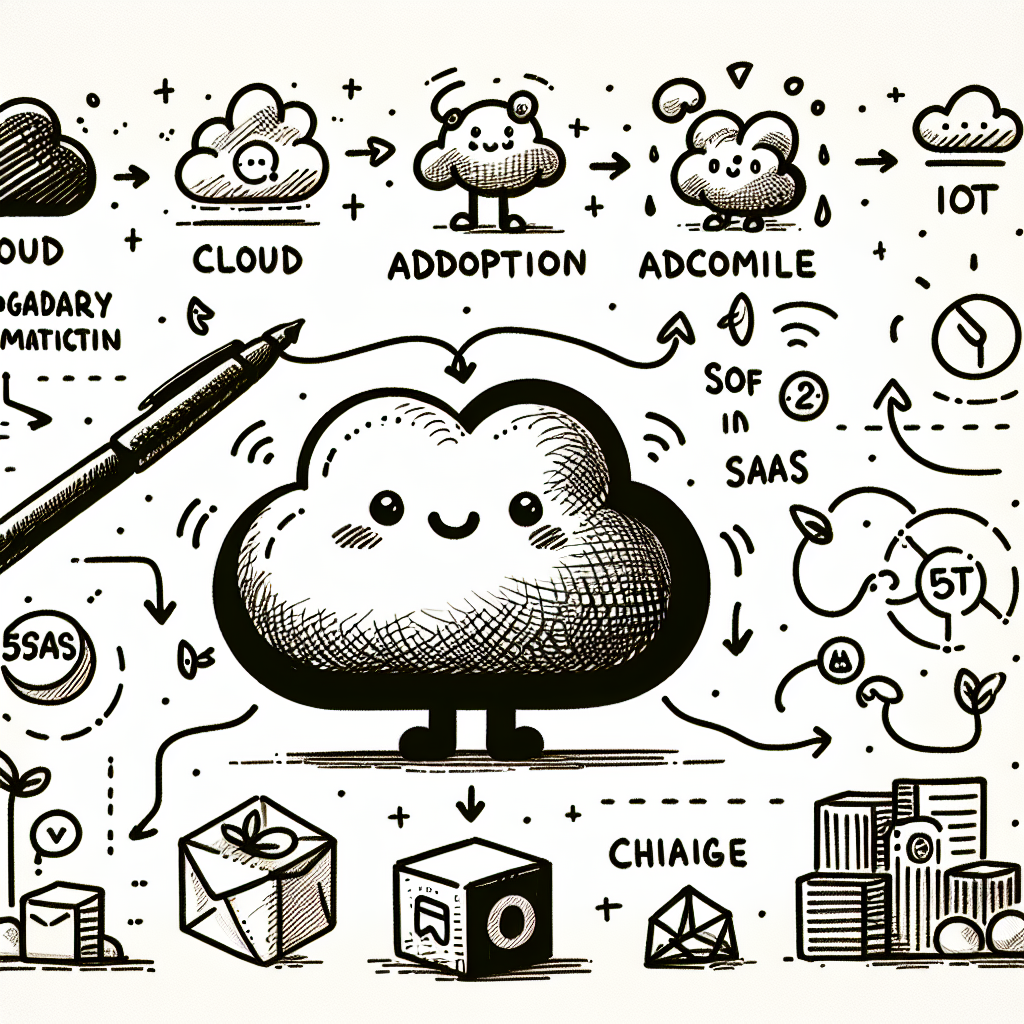
Career Trajectories
Advancement Opportunities
In comparing computer engineering vs software engineering, the career advancement paths demonstrate distinct progressions based on the nature of each field.
In software engineering, professionals typically begin as entry-level or junior developers. With experience, they may advance to senior developer roles and then to positions such as tech lead, which involves overseeing development teams and guiding technical direction. Further progression may lead to roles like software architect, where they design systems architecture, and eventually to engineering manager positions, which blend technical oversight with personnel and project management.
Computer engineering careers often start with roles such as junior engineer. Over time, professionals may move into systems engineering, where they handle complex hardware-software integration. From there, they can progress to hardware architect, focusing on the design of computing systems, and ultimately to director-level roles like Director of Engineering, which involve strategic oversight of engineering operations and innovation.
Interdisciplinary Crossovers
As the boundaries between hardware and software continue to blur, the line between computer engineering vs software engineering also becomes more flexible. Many professionals transition between the two fields, depending on their skills and interests. For example, a computer engineer with coding expertise might shift into a software-focused role, while a software engineer with an understanding of embedded systems might take on more hardware-adjacent responsibilities.
The industry has also seen the rise of hybrid roles that blend aspects of both disciplines. Firmware developers, for instance, work on low-level software that interacts directly with hardware. DevOps engineers integrate software development with IT operations, requiring knowledge of both system infrastructure and software deployment. These crossover roles highlight the growing interdependence of computer engineering and software engineering in modern technology environments.
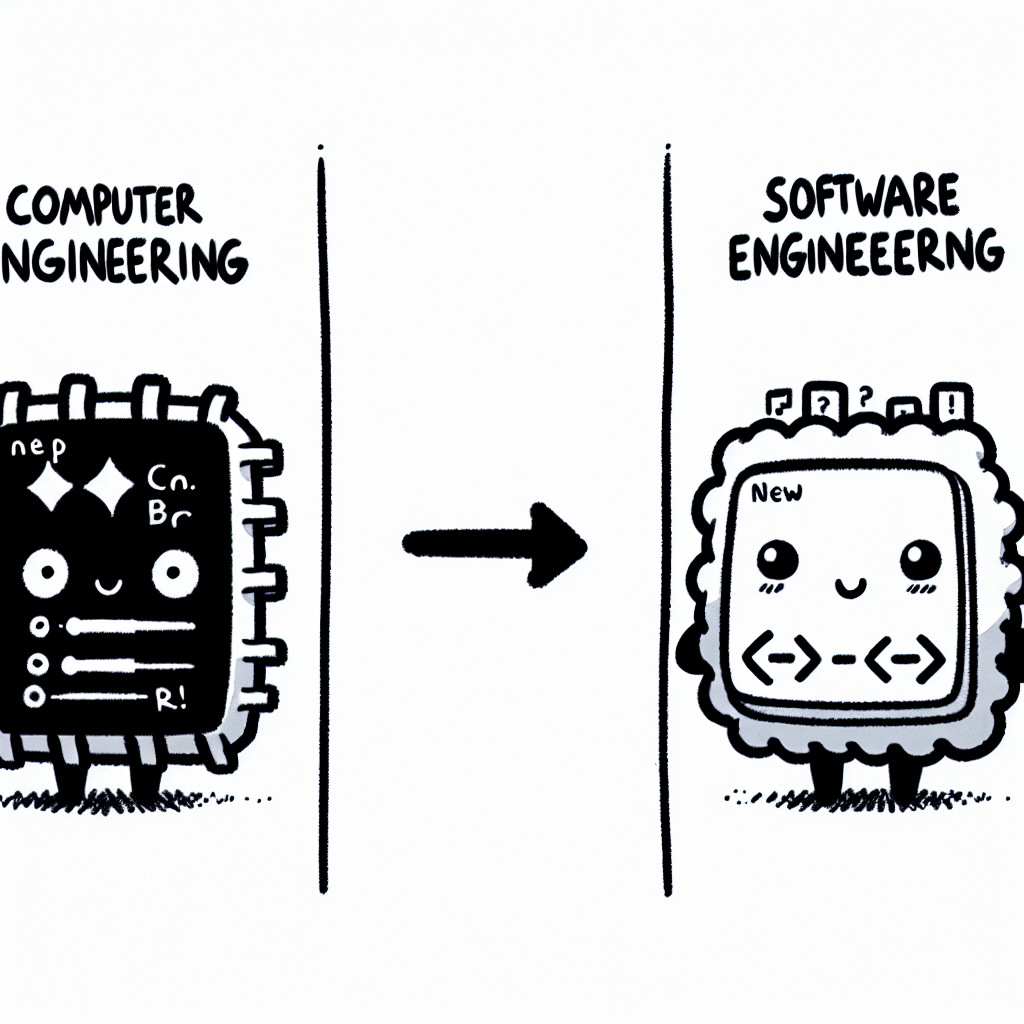
Certifications and Professional Development
When comparing computer engineering vs software engineering, certifications and professional development pathways differ based on the focus of each field.
Computer engineers often pursue certifications that demonstrate their expertise in networking, hardware, and systems integration. Some of the most relevant certifications include the Cisco Certified Network Associate (CCNA), CompTIA certifications (such as CompTIA A+ and CompTIA Network+), and credentials aligned with IEEE standards. These certifications validate proficiency in areas like network infrastructure, system troubleshooting, and embedded systems.
In contrast, software engineers typically focus on certifications that showcase their skills in cloud platforms, agile methodologies, and software architecture. Popular certifications include AWS Certified Developer, Microsoft Azure Fundamentals, Google Cloud Professional Cloud Developer, and Certified ScrumMaster. These credentials support career growth in cloud-native development, project management, and scalable software solutions.
Both fields emphasize the importance of continuous learning. Professionals in computer engineering and software engineering engage in lifelong development through Massive Open Online Courses (MOOCs), coding bootcamps, and advanced degrees. These learning avenues help engineers stay updated with evolving technologies and industry standards.

Pros and Cons of Each Field
Computer Engineering
Pros:
- ✅ Strong foundation in hardware and systems-level programming: Computer engineering provides a solid understanding of how software interacts with hardware. This knowledge is essential for roles that involve embedded systems, robotics, or developing firmware.
Cons:
- ❌ Slower projected job growth: Compared to software engineering, computer engineering roles are growing at a slower pace due to the more specialized and hardware-focused nature of the field.
Software Engineering
Pros:
- ✅ Rapid job growth and industry demand: Software engineering continues to see high demand across industries, driven by the expansion of web, mobile, and cloud-based technologies. According to the U.S. Bureau of Labor Statistics, employment for software developers is projected to grow much faster than average through 2032.
Cons:
- ❌ High competition and fast-paced change: The field of software engineering is highly competitive and evolves rapidly. Engineers must continuously update their skills to stay current with new languages, frameworks, and industry practices.
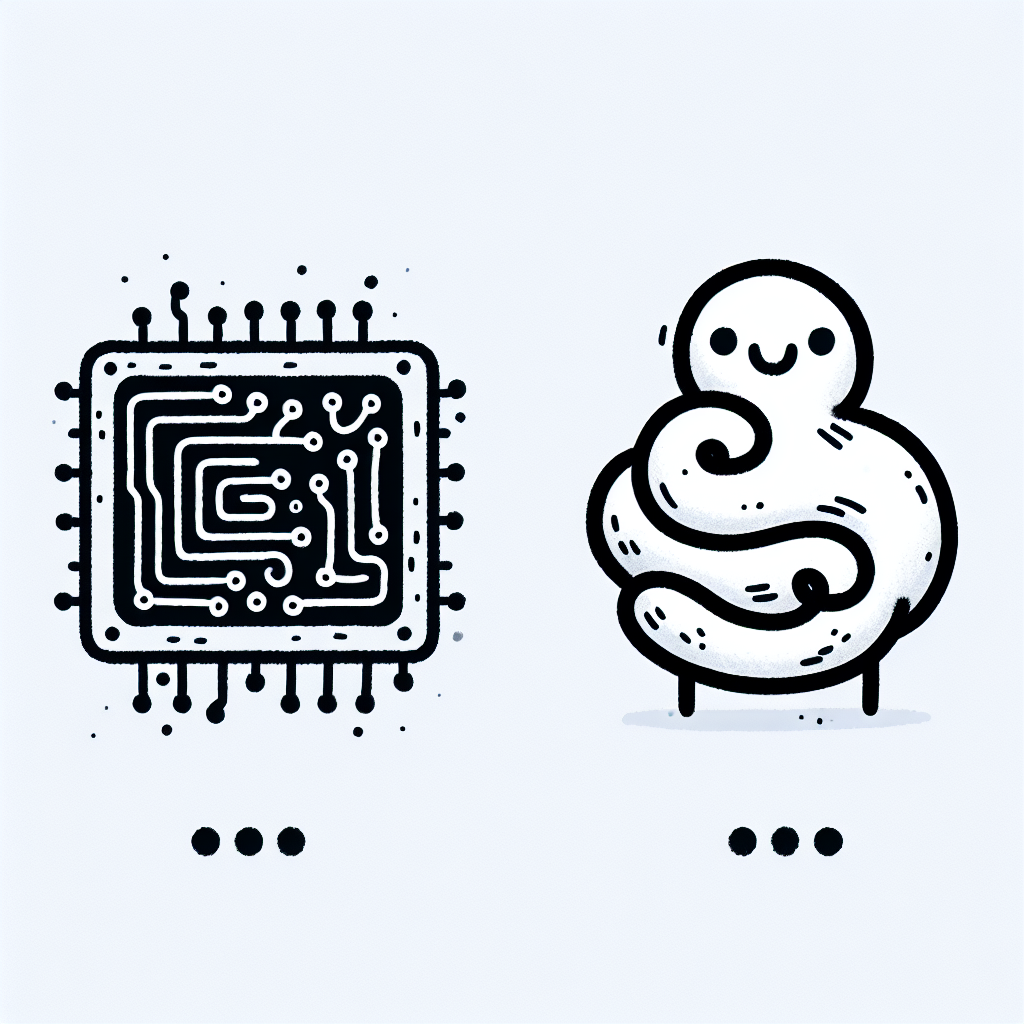
Choosing the Right Path
When deciding between computer engineering vs software engineering, it's important to evaluate personal interests and long-term goals. Those drawn to understanding and designing physical systems may prefer computer engineering, which focuses more on hardware. In contrast, individuals who enjoy problem-solving through code and application development may find software engineering more fulfilling.
Career aspirations also play a significant role. Computer engineers often work in industries like embedded systems, robotics, or chip design, whereas software engineers are more likely to find roles in web development, mobile applications, and cloud computing. Consider which industries align with your goals.
Work environment preferences should not be overlooked. Software engineering typically offers more opportunities for remote work and flexible schedules. Computer engineering roles, especially those involving hardware testing and prototyping, may require on-site presence.
For students, the best way to make an informed decision is to explore both fields. Electives and internships can provide hands-on exposure. Participating in multidisciplinary projects can also help you understand the overlap and distinctions between the two areas. Additionally, make use of online resources, such as coding platforms and hardware simulation tools, and seek guidance from mentors in both disciplines to gain deeper insights into computer engineering vs software engineering.
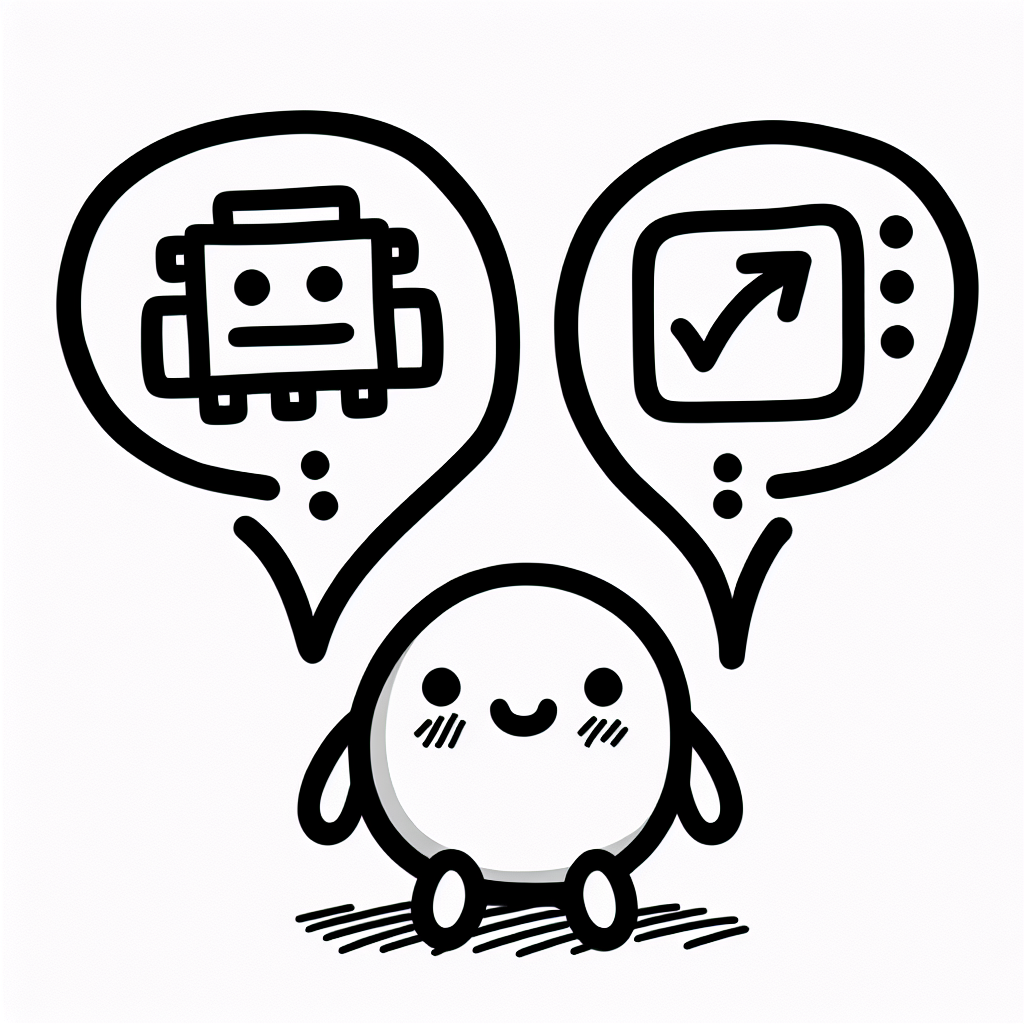
Conclusion
When comparing computer engineering vs software engineering, the key differences lie in focus and scope. Computer engineering blends electrical engineering and computer science, emphasizing hardware systems, embedded systems, and low-level programming. In contrast, software engineering concentrates on designing, developing, and maintaining software systems, with a strong focus on algorithms, coding, and project management.
Despite these distinctions, both fields share foundational knowledge in programming, problem-solving, and computer science principles. They also offer overlapping career opportunities in areas such as systems design, cybersecurity, and artificial intelligence.
Choosing between computer engineering and software engineering depends on individual interests and career goals. Those passionate about hardware, circuits, and system integration may find computer engineering more suitable. Conversely, individuals drawn to building applications, writing code, and managing software lifecycles may prefer software engineering. Understanding the unique aspects of each discipline is essential for making an informed and rewarding career decision.
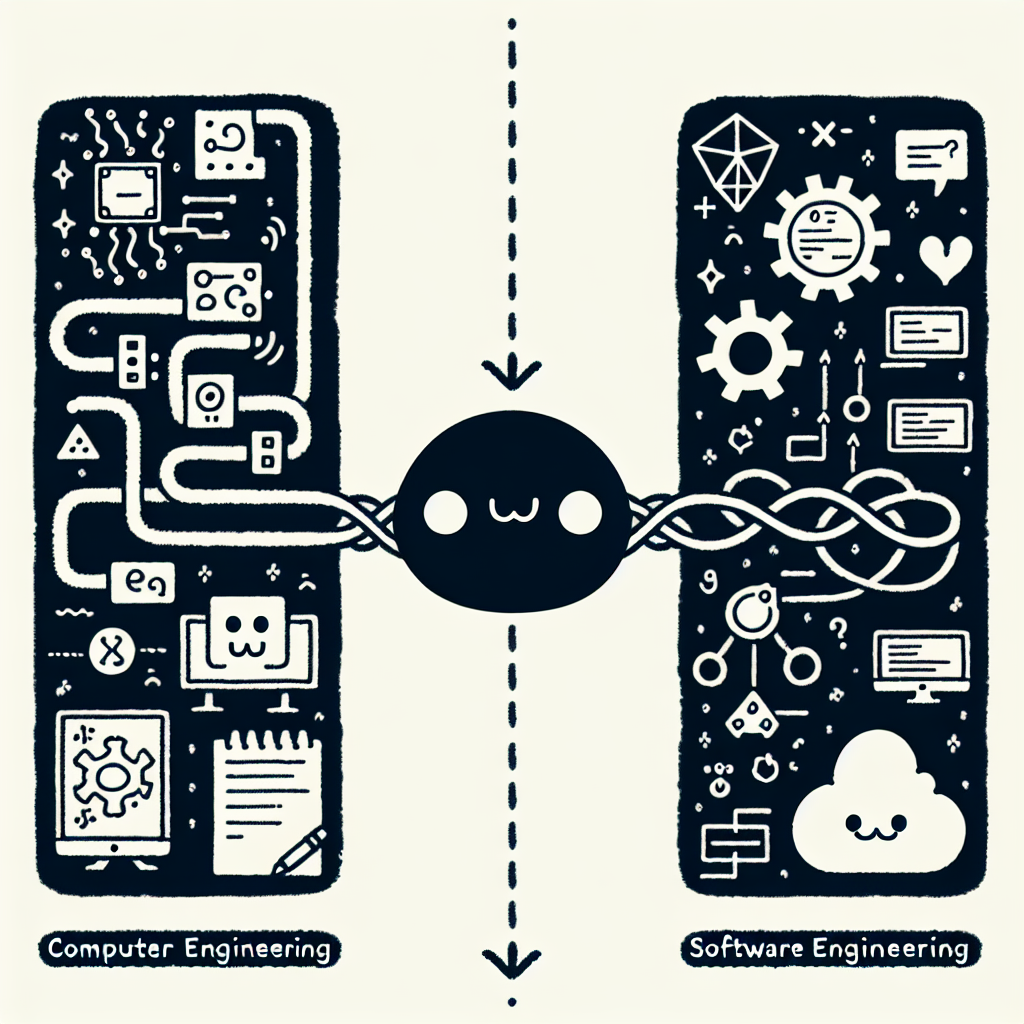



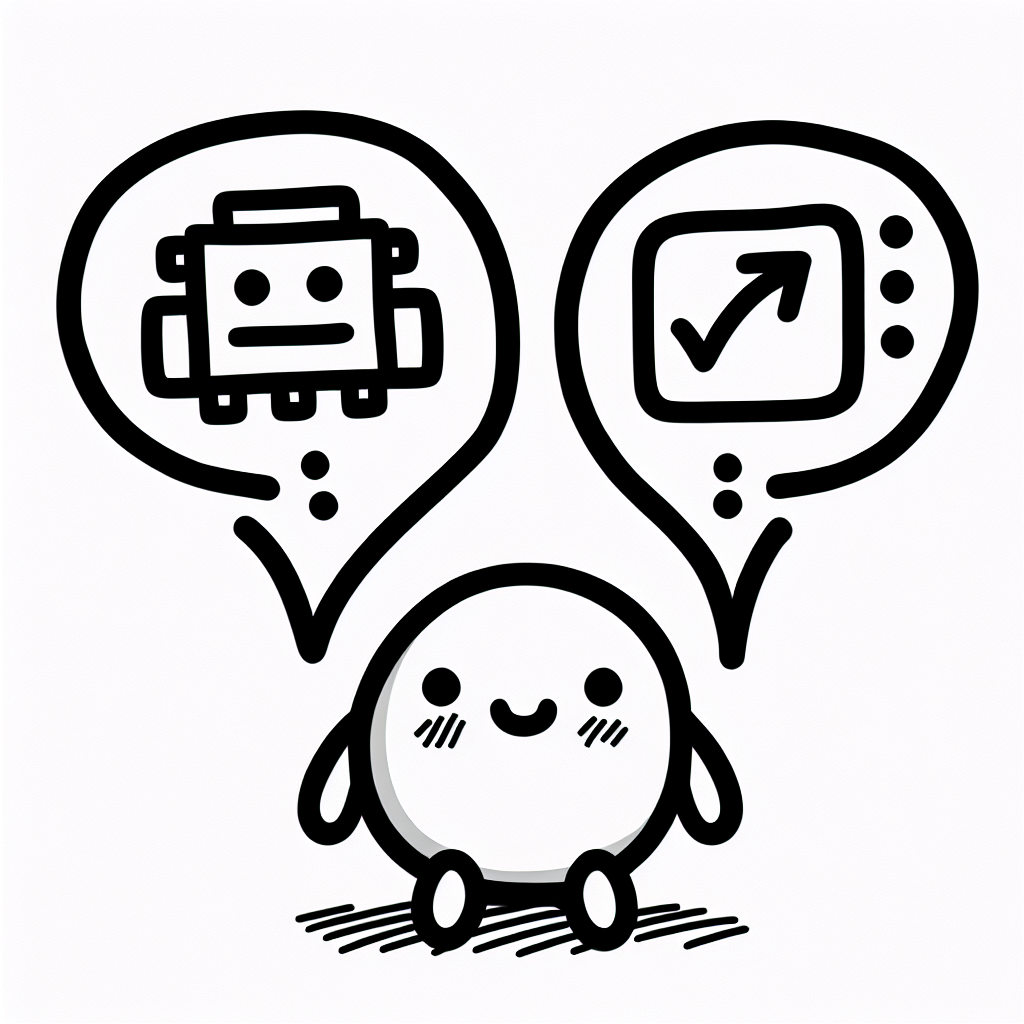


.png)






